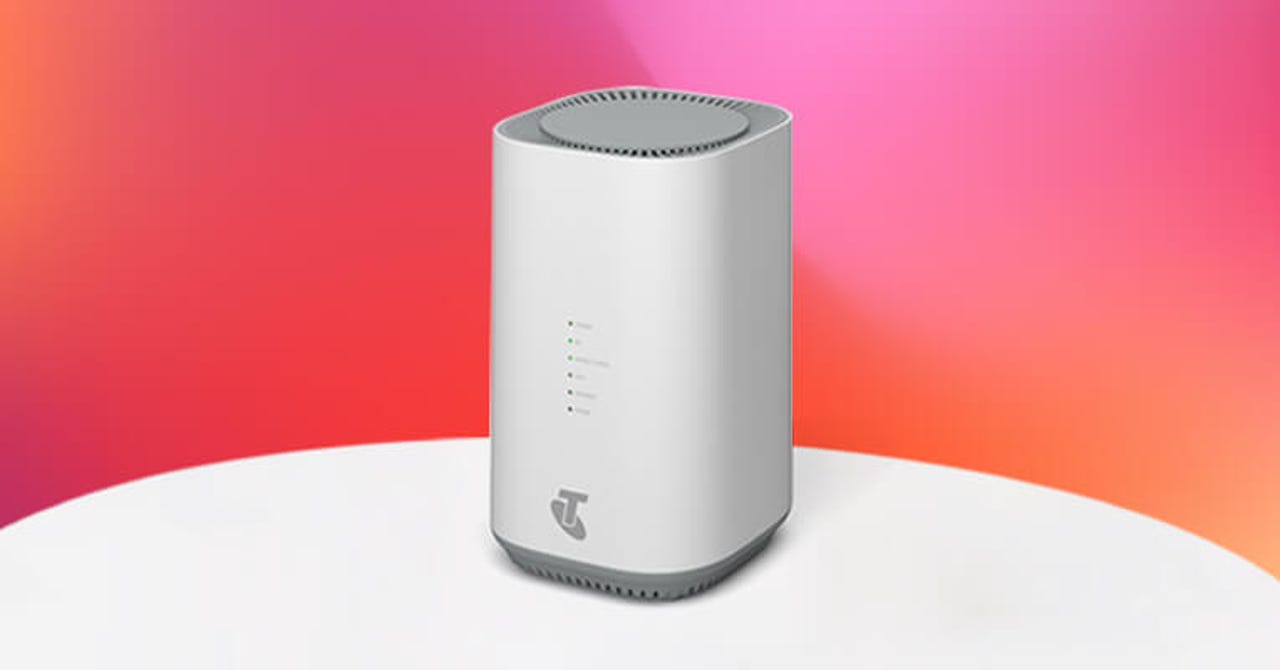5G fixed wireless is not an NBN replacement for Telstra


While telcos such as TPG are more than happy to see its 5G fixed wireless product be branded as an NBN alternative, that is not the case for Telstra.
In instances where customers have stuck to copper, or are on the end of a long cable run that limits speeds to 12Mbps, 25Mbps, or 50Mbps, Telstra group executive for networks and IT Nikos Katinakis told an investor day conference that 5G could replace those connections, but otherwise, it could not.
"The average consumption of a fixed customer is now in the 300GB range a month, mostly between eight and 10pm," he said.
"The average wireless customer is in the 15GB to 18GB per month range, and it is spread almost across a 14-hour window with two peaks [at] 8am to 9am and 4pm to 6pm. Putting 25 times more demand onto the network is just not feasible at this point.
"But it is definitely feasible to offer a fixed wireless access service to the subset of our customers that just don't get a good enough fixed broadband service."
Katinakis added that the telco is moving towards being much more agnostic about the connection technology used, with one example being launching its satellite service in 2023.
"While we are already using satellites for backhaul for micro sites and for special satellite enabled small cells that we deploy in remote areas, having another option in our toolkit will also allow us to better serve the 8% of the population that today has very limited options for broadband at home," he said.
When TPG launched its 5G fixed wireless service in October, it warned users they would be placed behind carrier-grade NAT, and said if they wanted port forwarding to host servers or to access their lines remotely, then the service "won't be the right fit for you". Similarly, it has warned gamers that 5G does not provide ultra-low latency.
At the start of the month, Telstra somewhat opened up its 5G fixed wireless service to the public, however it said it would be limiting the number of users per postcode.
Successful users will pay AU$85 a month for a 1TB data quota, with the telco adding its was seeing an average download speed of 378Mbps during the peak evening hours of 7pm to 11pm, and the range of speeds during that time sitting between 50Mbps to 600Mbps. For uploads, the typical speed is stated as 46Mbps, and ranges between 10Mbps to 90Mbps.
If users exceed the data quota, speeds are locked to 25Mbps, as well as being "slowed further in busy periods until your next billing month".
Earlier on Tuesday, CEO Andy Penn said the telco was looking to have 100% of its "key business processes enhanced by AI", as well as expecting by 2025 to have all of its key business applications being architected to be API-first, and 90% of them to be on public cloud infrastructure.
Related Coverage
- Telstra wants transparency reports to be mandatory for telcos in regional Australia
- Telstra and Woolworths' Quantium to form new data and AI joint venture
- Telstra improves battery reserves to 12 hours at 341 regional mobile sites
- Telstra gets five-year AU$1 billion contract renewal with Department of Defence
- Telstra buying Digicel Pacific thanks to $1.3 billion in Commonwealth funds
- Telstra somewhat opens up 5G fixed wireless service with single 1TB plan for AU$85